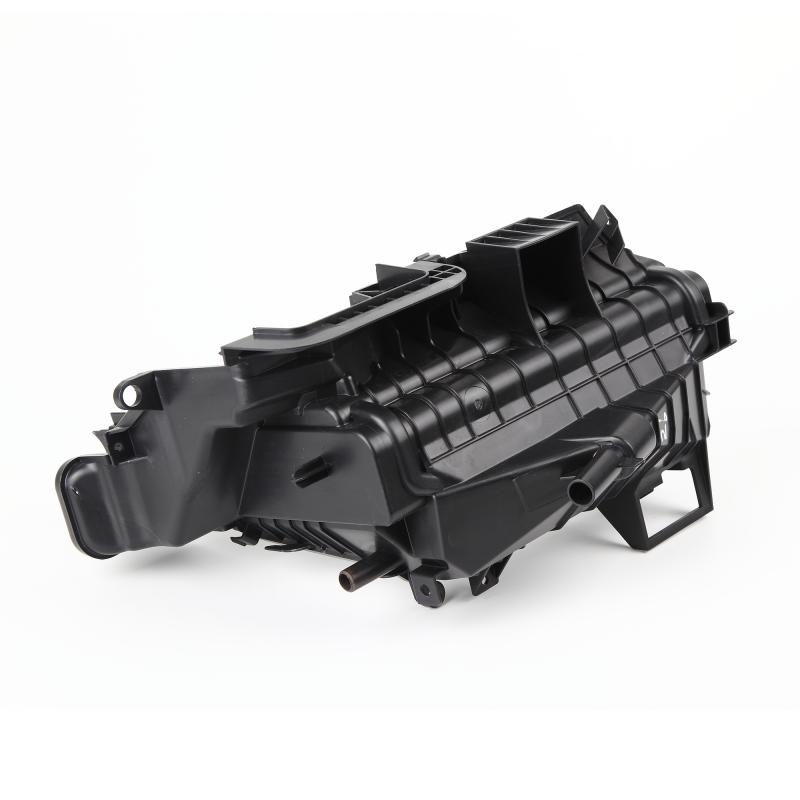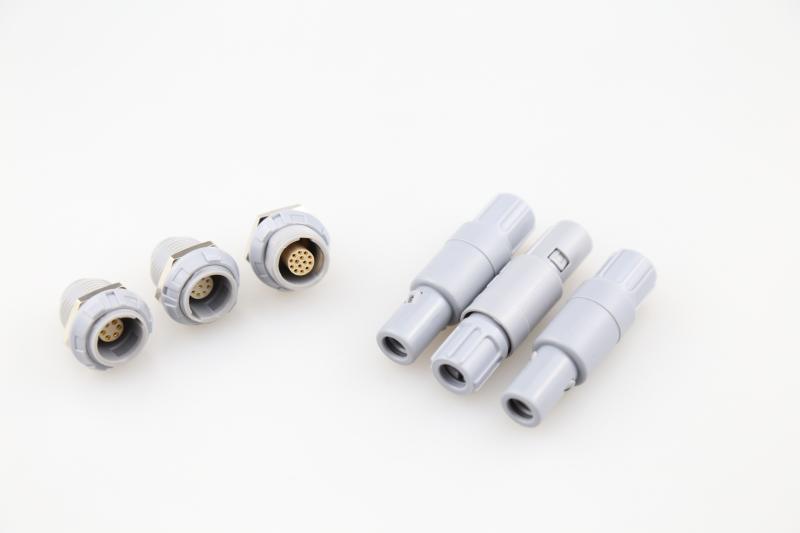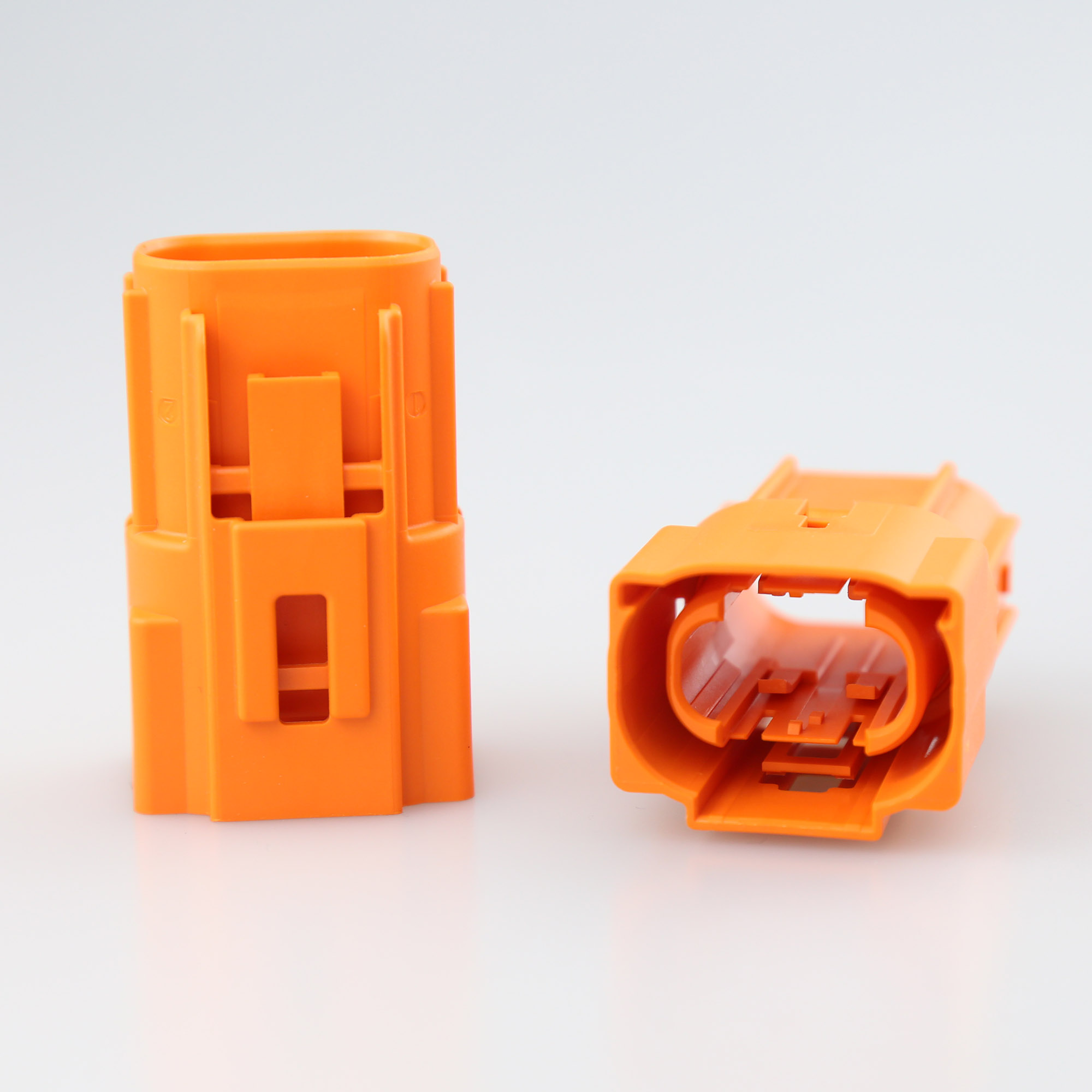



Custom injection molding for automotive parts is a sophisticated process that demands precision and efficiency. From concept to production, every stage focuses on achieving exacting standards to meet the automotive industry's rigorous requirements.
Understanding Custom Injection Molds
Custom injection molds are tailored to the unique specifications of automotive components. This process begins with detailed design and engineering, where CAD/CAM technologies ensure precise modeling and simulation. Manufacturers collaborate closely with automotive engineers to refine designs for optimal functionality and manufacturability.
Precision Engineering
The heart of custom injection molding lies in precision engineering. Advanced CNC machining and EDM technologies sculpt molds with micron-level accuracy. This precision ensures that each automotive part conforms precisely to design specifications, enhancing performance and reliability on the road.
Efficiency in Production
Efficiency is paramount in automotive manufacturing. Custom injection molding optimizes production cycles, reducing lead times and costs while maintaining high-quality standards. Automated processes, such as robotic part removal and quality control systems, streamline operations and minimize human error.

Materials Innovation
Materials selection plays a crucial role in automotive part production. Custom injection molding accommodates a wide range of materials, including high-performance plastics and composites that offer durability, weight reduction, and resistance to harsh environments. This versatility allows for innovation in automotive design and engineering.
Quality Assurance
Stringent quality assurance protocols validate each automotive part. Through comprehensive testing and inspection, manufacturers ensure dimensional accuracy, structural integrity, and adherence to industry standards. This commitment to quality enhances product longevity and customer satisfaction.
Conclusion
Custom injection molding for automotive parts epitomizes precision and efficiency in modern manufacturing. By leveraging advanced technologies and materials, manufacturers deliver bespoke solutions that meet the automotive industry's evolving demands. From prototype development to mass production, the process underscores innovation and reliability, driving forward the future of automotive engineering.